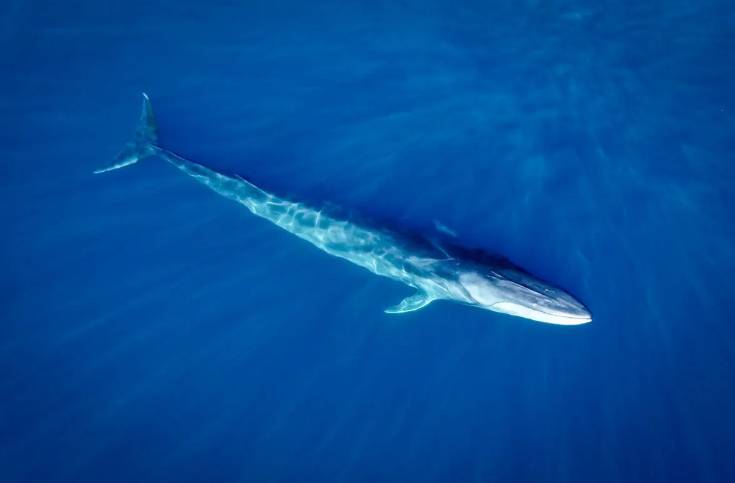This year’s study campaign, led by the Polytechnic University of Valencia, saw around 120 fin whales pass off the coast of Dénia. The UPV team was able to tag three animals with satellite tags, allowing their migratory paths to be examined, as well as get two genetic samples using non-invasive approaches, such as capturing a sample of the animal’s breath using a drone.
“The fin whale has become an emblematic species for the region, a tourist attraction, and a subject of scientific research. Our research aims to improve our understanding of its presence and behaviour in order to contribute to its conservation and the region’s long-term management. This year’s initiative was a success, with three animals tagged and 21 photo-identifications,” the Polytechnic researchers report.
To research their ethology, they employ various methodologies and have both a land team (those who detect whale passage from a location on land) and a sea team, which is in charge of collecting/taking various sorts of samples.
The crew worked with experts from the Tethys Research Institute and the Malizia Explorer, a sailing vessel committed to ocean exploration and conservation.
The Malizia Explorer is anchored off the coast of Dénia and Xàbia with researchers Eduardo Belda from the Research Institute for Integrated Coastal Zone Management (IGIC) on the Gandia campus and Víctor Gallego from the University Institute for Animal Science and Technology (ICTA) at the UPV. Both researchers are responsible for studying the cetaceans that traverse through Dénia.









No Comment! Be the first one.